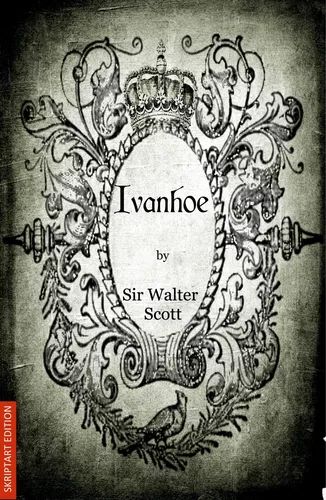Skip to the end of the images gallery Navigation umschalten
Skip to the beginning of the images gallery Navigation umschalten

Ivanhoe
ePUB
1,1 MB
DRM: kein Kopierschutz
ISBN-13: 9783748152071
Verlag: BoD - Books on Demand
Erscheinungsdatum: 25.10.2018
Sprache: Englisch
Barrierefreiheit: Eingeschränkt zugänglich
CHF 2.50
inkl. MwSt.
sofort verfügbar als Download
Du schreibst?
Erfüll dir deinen Traum, schreibe deine Geschichte und mach mit BoD ein Buch daraus!
Mehr Infos"Ivanhoe" is the story of one of the remaining Saxon noble families at a time when the English nobility was overwhelmingly Norman. It follows the Saxon protagonist, Wilfred of Ivanhoe, who is out of favour with his father for his allegiance to the Norman king, Richard I of England. The story is set in 1194, after the failure of the Third Crusade, when many of the Crusaders were still returning to Europe. King Richard, who had been captured by the Duke of Austria on his way back, was believed to still be in the arms of his captors. The legendary Robin Hood, initially under the name of Locksley, is also a character in the story, as are his "merry men". The character that Scott gave to Robin Hood in Ivanhoe helped shape the modern notion of this figure as a cheery noble outlaw.
The novel is sometimes credited for increasing interest in romance and medievalism; John Henry Newman claimed Scott "had first turned men's minds in the direction of the middle ages," while Carlyle and Ruskin made similar assertions of Scott's overwhelming influence over the revival based primarily on the publication of this novel.
(Source: Wikipedia)
The novel is sometimes credited for increasing interest in romance and medievalism; John Henry Newman claimed Scott "had first turned men's minds in the direction of the middle ages," while Carlyle and Ruskin made similar assertions of Scott's overwhelming influence over the revival based primarily on the publication of this novel.
(Source: Wikipedia)
Eigene Bewertung schreiben






Es sind momentan noch keine Pressestimmen vorhanden.